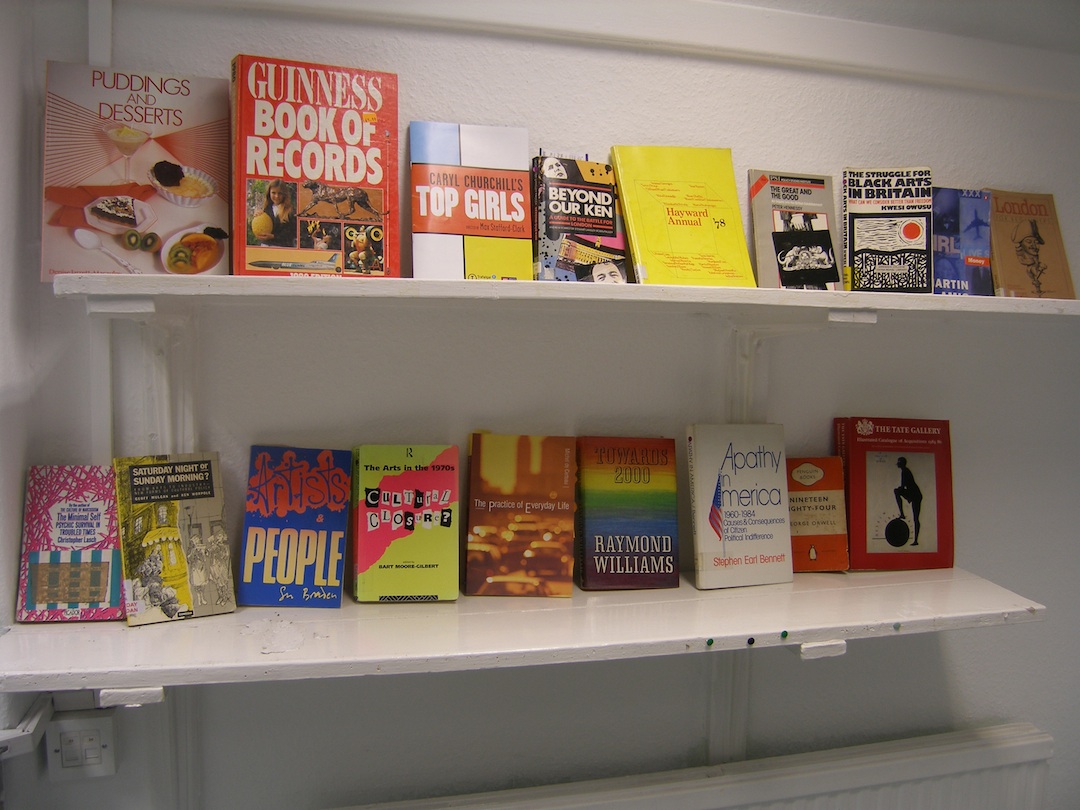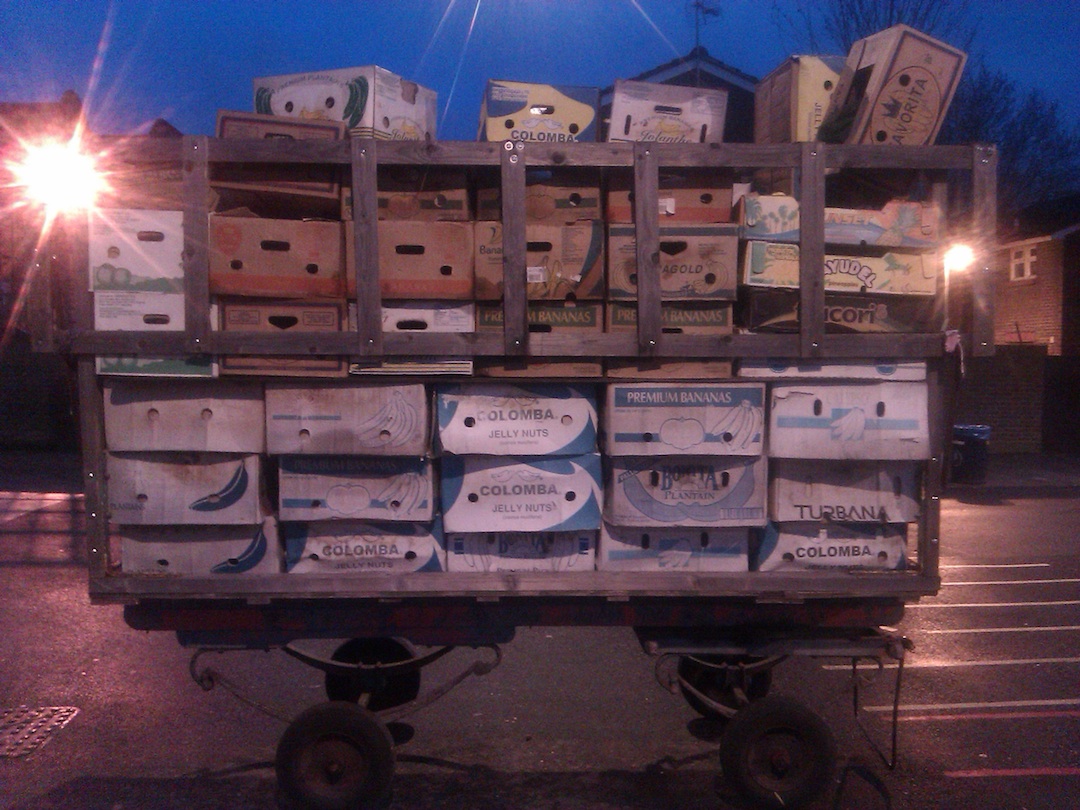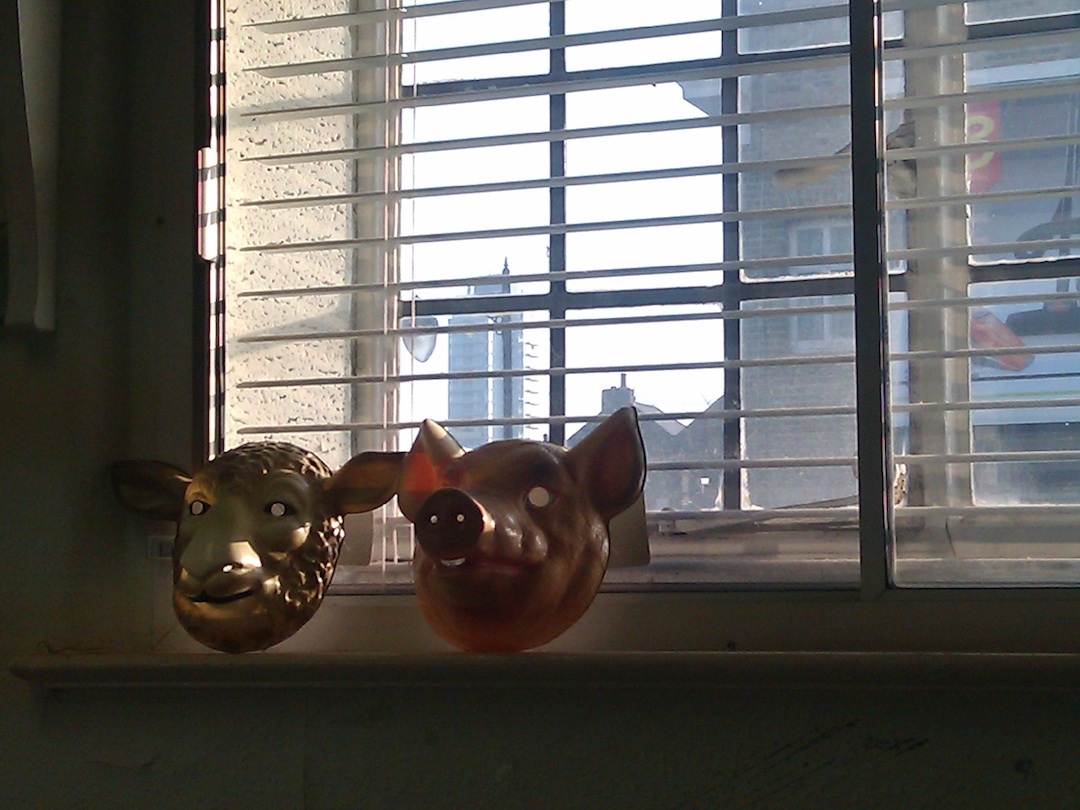Contextual Notes – London
During the 1980s in London there were contradictory policies and approaches to arts funding being carried out simultaneously. Margaret Thatcher was elected in 1979 and re-elected again in 1983, following the Falklands War. The increasing conservatism of an official, national cultural policy in the 1980s appear to be at odds with the Labour-controlled Greater London Council and other regional local authorities, which were able, it seemed, over five years (1981-86) to support relatively radical, anti-racist, socialist, politicised art practices and campaigns before the eventual abolition of Metropolitan Councils by the Conservative Government in 1986.
Artists and activists were intervening into and/or developing alternatives to Conservative politics at this time. Many artists were supporting the miners’ strike from 1984-5 by the National Union of Mineworkers due to the closure of the coal mines. The Greenham Common Women’s Peace Camp set up in 1981 to protest against a nuclear weapons base being set up in Berkshire was still occupied in 1984, depsite mass evictions.
1984 was also the year ‘cyberspace’ was introduced to the English language, British Telecom was privatised, Tommy Cooper died live on TV, the Apple Macintosh computer first came onto the market, the IRA Brighton hotel bomb exploded and Band Aid released ‘Do they know it’s Christmas’ to raise money for the famine in Ethiopia. It was also the year ‘Into the Open’, one of the first major exhibitions by a municipal gallery of contemporary work by black artists opened in Sheffield and the Arts Council published ‘The Glory of the Garden’ report on the inequitable distribution of funds for the arts beyond London.
Further links:
- Unfinished Histories: Recording the history of Alternative Theatre, 1968 -88
- Margareta Kern’s Strkie 1984 blog which documents her (re)search of/for the miners campaign video tapes made as part of the Film and Video Workshop movement in the 1980s by the film co-operatives in collaboration with the miners and women action groups.
- My PhD: Participating in the Wrong Way? Practice-based research into the relationship between Cultural Democracy and the Commissioning of Art to Effect Social Change. There is a chapter in there about histories of cultural policy in relation to community arts practices.




